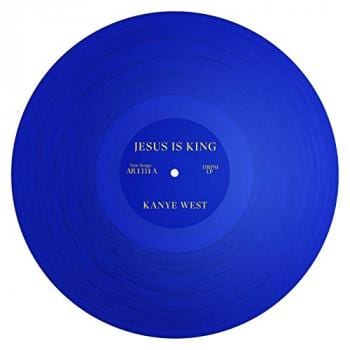This caught my eye this morning in The Wall Street Journal, an intriguing glimpse at how one major retailer spent a year developing a deceptively simple “door buster” for tomorrow’s Black Friday sale:
Before the lights had dimmed on Black Friday last year, executives at Kohl’s Corp. were already at work on the deal they would use to pull shoppers into their stores this time around: a $5 toaster.
The department-store chain’s team had spent Thanksgiving scouring rivals’ print circulars and television ads, then fanned out to stores to identify the products and prices that really seemed to bring in shoppers.
What they found was a lot of carts holding inexpensive kitchen appliances, said Ron Ota, the general merchandise manager of Kohl’s home department. The company started out hoping to match rivals’ prices around $10. But as it worked to build the perfect lure, it decided to go one better.
The yearlong effort to produce super-cheap toasters underscores the high value retailers still put on winning Black Friday. The day after Thanksgiving has been ridiculed as a mindless commercial frenzy, marred by shopper stampedes and made redundant by the Web. Still, it is a knock-down, drag-out fight for market share that retailers are loath to surrender.
The calculations and planning that go into producing a “door-buster” sale item also show how retailers are increasingly working backward from the price they want to offer to get a product that fits.
“Based on an idea, we have a price in mind, and we build a product to the price,” Mr. Ota said, speaking about how the industry often goes about the process.
The executive got things rolling the Monday after Thanksgiving last year, as his staff worked the phones with suppliers.
The low prices are made possible in large part because manufacturers give up profits on each piece. They often are willing to work on thinner margins for such orders, because the volume is large and they can be delivered in one shot, and because they benefit from the scale.
Still, it wasn’t easy finding a manufacturer willing to make a toaster for the price Kohl’s wanted.
The company rejected manufacturers that offered to make the goods at higher prices or with quality levels the retailer deemed too low. It also rejected manufacturers that didn’t have a national brand.
“These items plug in, so it’s important to have a national brand to give consumers confidence,” Mr. Ota said.
Read on. And happy shopping.











